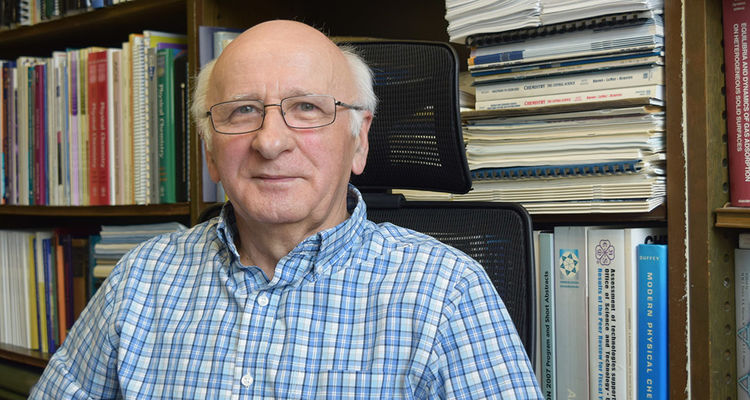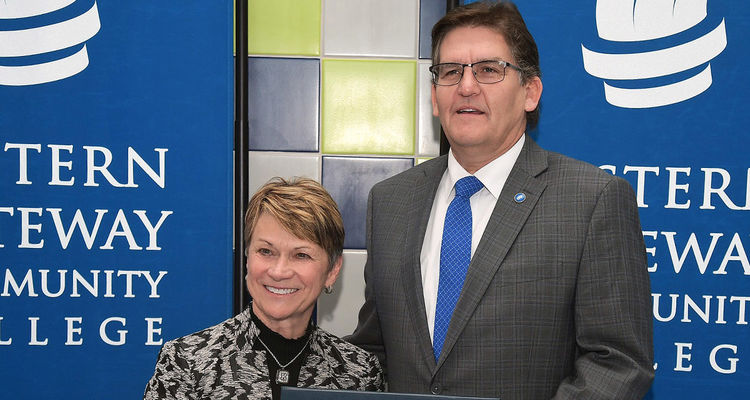Jeremiah Vaughan, a second-year Ph.D. student in the Exercise Physiology program at 91Ď㽶ĘÓƵ University, always had an interest in environmental physiology, and this summer, he spearheaded a project that will help to add to understanding respiratory protective equipment resistance on workers’ physical, cognitive and subjective performance in low-oxygen environments, such as Denver and Boulder, Colorado.
The goal of this project is to measure variables, such as mood, cognition, breathing effort and comfort, lactic acid, hemoglobin levels, blood pressure, oxygen levels and pulse, while participants ride an indoor bike with three levels of intensity over a 30-minute period in a special low-oxygen room. Additionally, participants wear a mask similar to ones that firefighters, military and coal miners would use in their daily work tasks.
Vaughan, from Brookville, Indiana, is working under the direction of Ellen Glickman, Ph.D., professor of exercise physiology and exercise science, and the project was funded by the National Institute for Occupational Safety and Health, a division of the Centers for Disease Control and Prevention.
Learn More 91Ď㽶ĘÓƵ 91Ď㽶ĘÓƵ's Exercise PhysiologY Program















